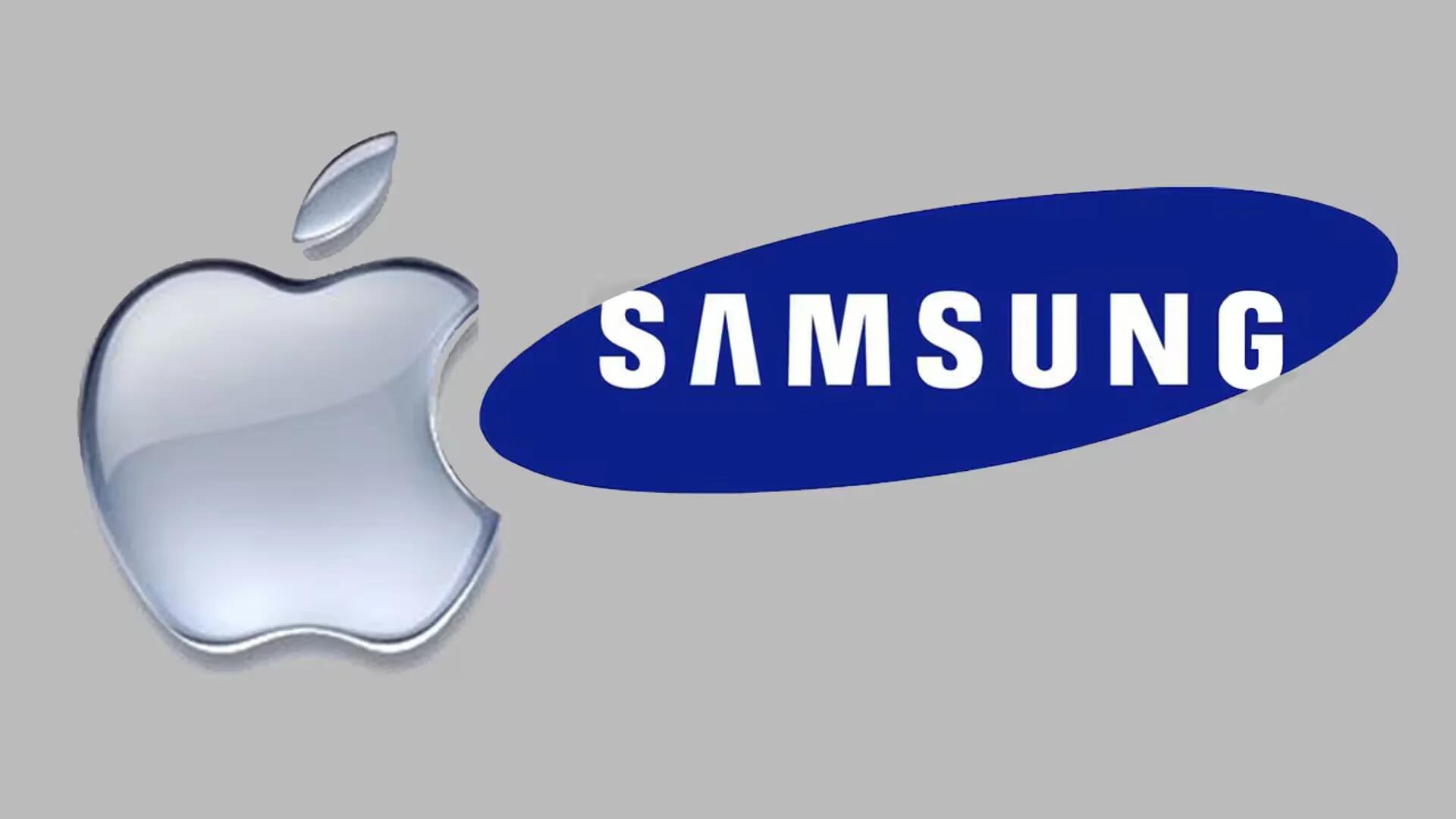Dell, Facebook, Google, Newegg, SAS Institute, Hewlett-Packard and Limelight Networks have filed a “friend of the court” briefing with the U.S. Court of Appeals for the Federal Circuit against the court’s decision in the Apple v. Samsung case.
Apple and Samsung have been fighting a legal battle for a long time now that focuses on Apple alleging that Samsung has violated several of its patents. Although we have not heard about the legal case surrounding Apple and Samsung recently the case is not over. Previously the courts ordered Samsung to turn over profits from a few products that the court found infringe on Apple patents. This does not sit well with Samsung and it is looking to get the court decision reversed completely.
Recently, a group of Silicon Valley’s biggest companies including Facebook, Google, Dell, HP, eBay and others joined the patent war between Apple and Samsung this month with a petition to a federal appeals court, asking the panel to review its decision ordering Samsung to turn over profits from a handful of Apple patent infringements. The coalition of companies sided with Samsung and issued a “friend of the court” briefing that was field July 1. They claim that such a result can have huge repercussions in the industry down the line.
If allowed to stand, that decision will lead to absurd results and have a devastating impact on companies, including [the briefing draftees], who spend billions of dollars annually on research and development for complex technologies and their components.
According to the companies, the nature of technology like smartphones and smart TVs, which contain thousands of individual components, working parts and software, is too complex to lump all of a products design and functionality elements into one convenient legal definition of patent infringement in cases when only select design elements appear to have been copied.
Under the panel’s reasoning, the manufacturer of a smart television containing a component that infringed any single design patent could be required to pay in damages its total profit on the entire television, no matter how insignificant the design of the infringing feature was to the manufacturer’s profit or to consumer demand,
Software products and online platforms face similar dangers. A design patent may cover the appearance of a single feature of a graphical user interface, such as the shape of an icon. That feature – a result of a few lines out of millions of code – may appear only during a particular use of the product, on one screen display among hundreds. But the panel’s decision could allow the owner of the design patent to receive all profits generated by the product or platform, even if the infringing element was largely insignificant to the user and it was the thousands of other features, implemented across the remainder of the software, that drove the demand generating those profits.
After the companies submitted their thoughts to the court, Apple argued the filing of these companies should be dismissed, since these companies are not impartial. Apple specifically called out Google, pointing out that the company has a strong interest in the case because it is behind the Android operating system used by Samsung and Google cannot be an impartial “friend of the court”.
Google has a strong interest in this particular case, is not an impartial ‘friend of the court’, and should not be permitted to expand Samsung’s word limit under the guise of an amicus brief,
This is the same case, in which Samsung was initially ordered to pay a fine of $930 million in damages to Apple. This was later reduced to $548 million after the appeal court found out that Samsung did not infringe on the ‘trade dress’ of the iPhone. The court considers that $548 million is the “total profit” from selling its Galaxy devices that made use of three of the patented technologies used by Apple. In mid-June, Samsung asked the court to rehear the case with a full 12-judge roster rather than the 3-judge panel it used in the previous ruling.
Source: Inside Sources
